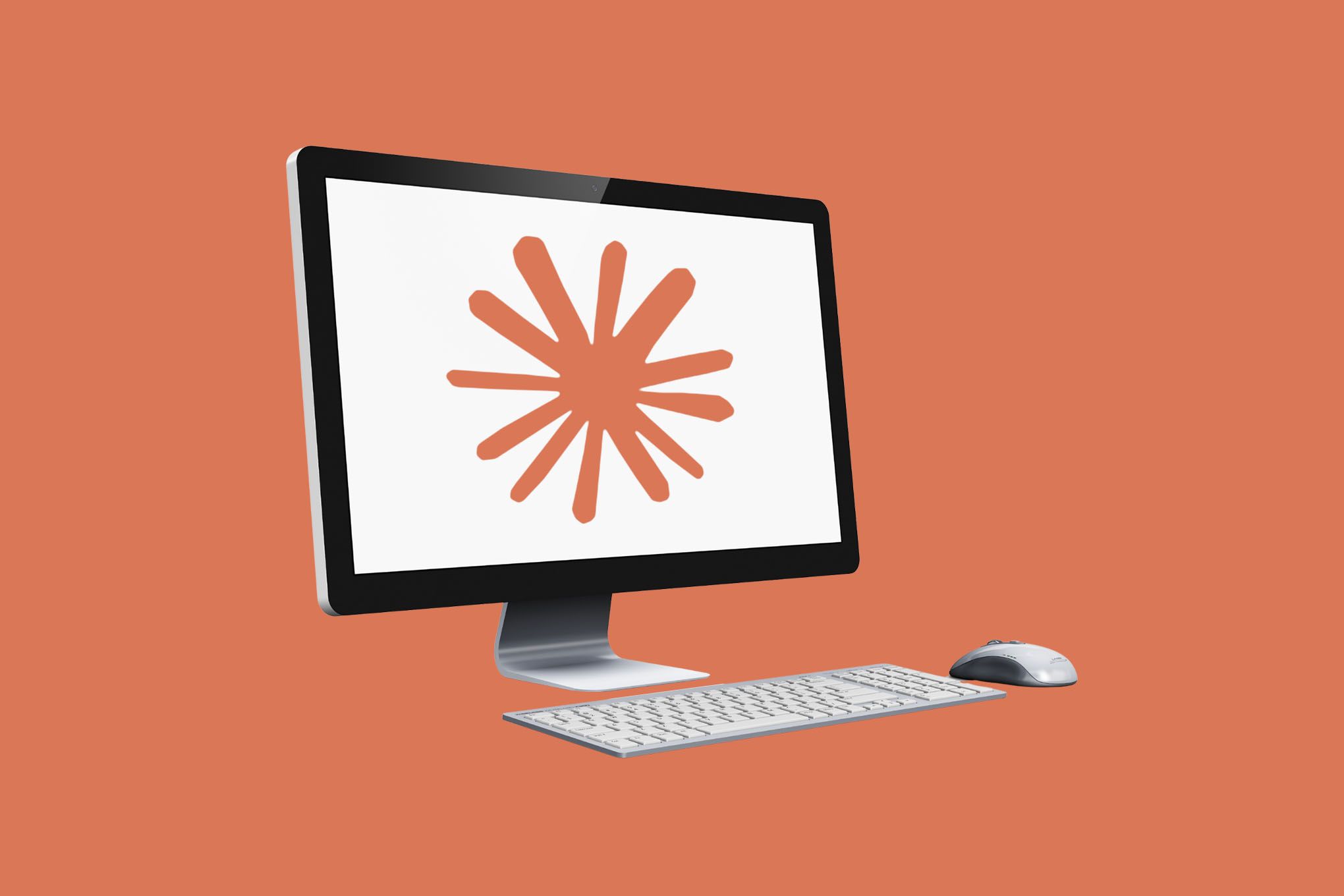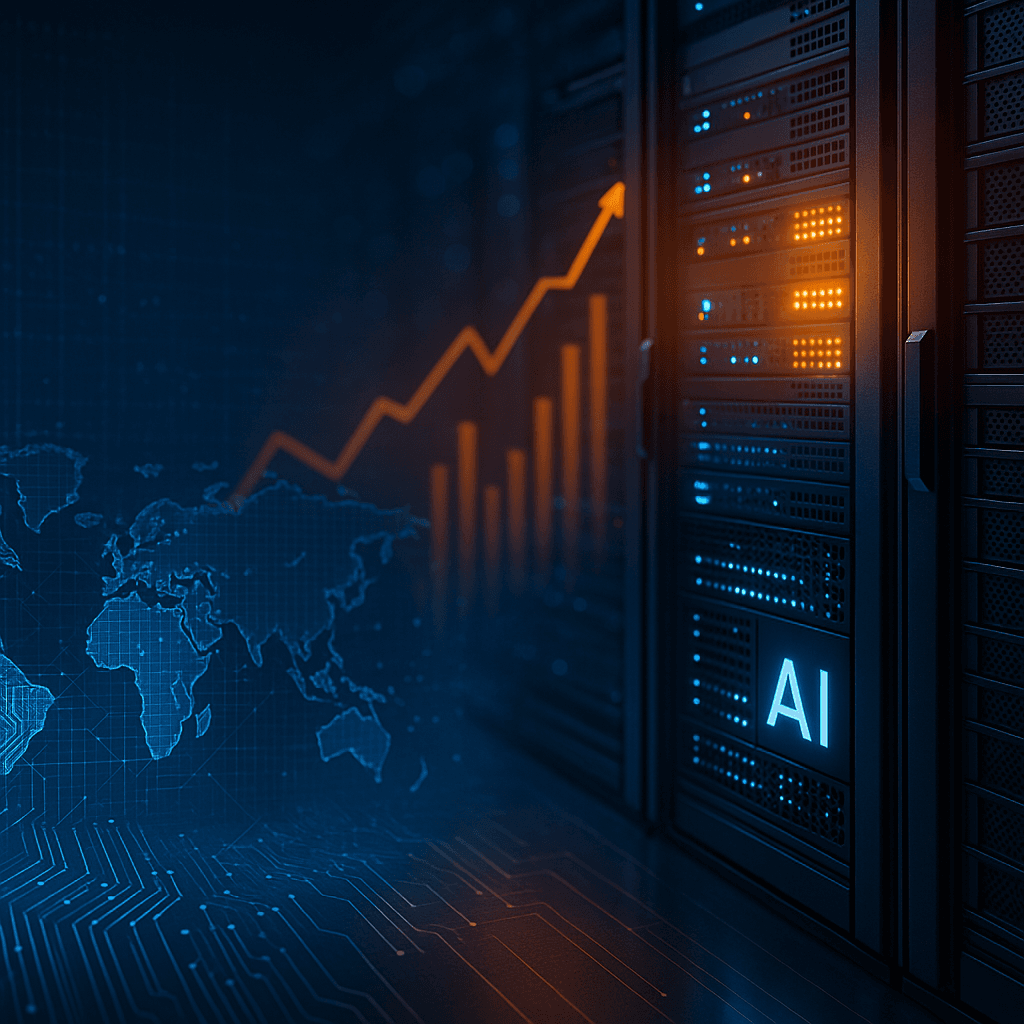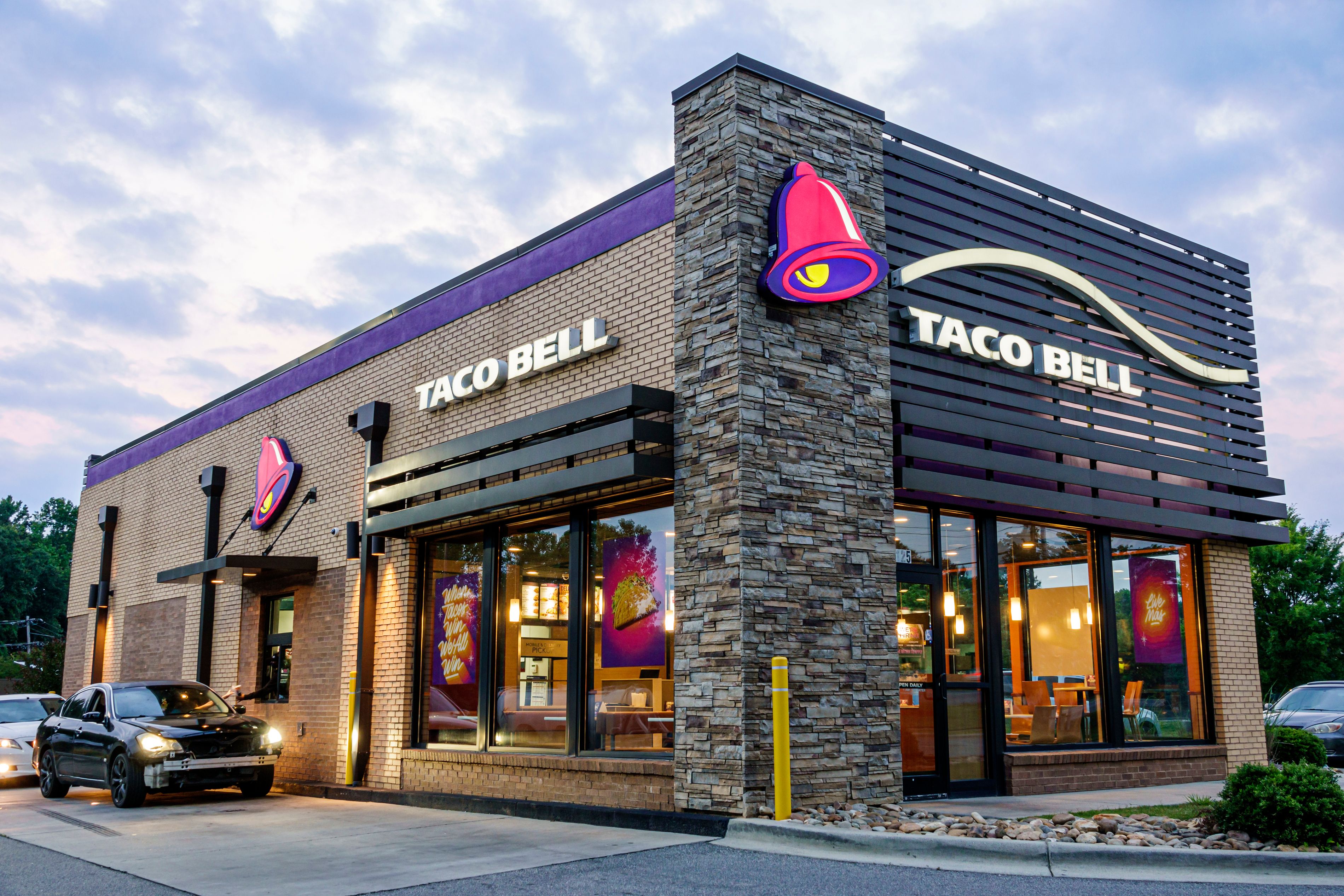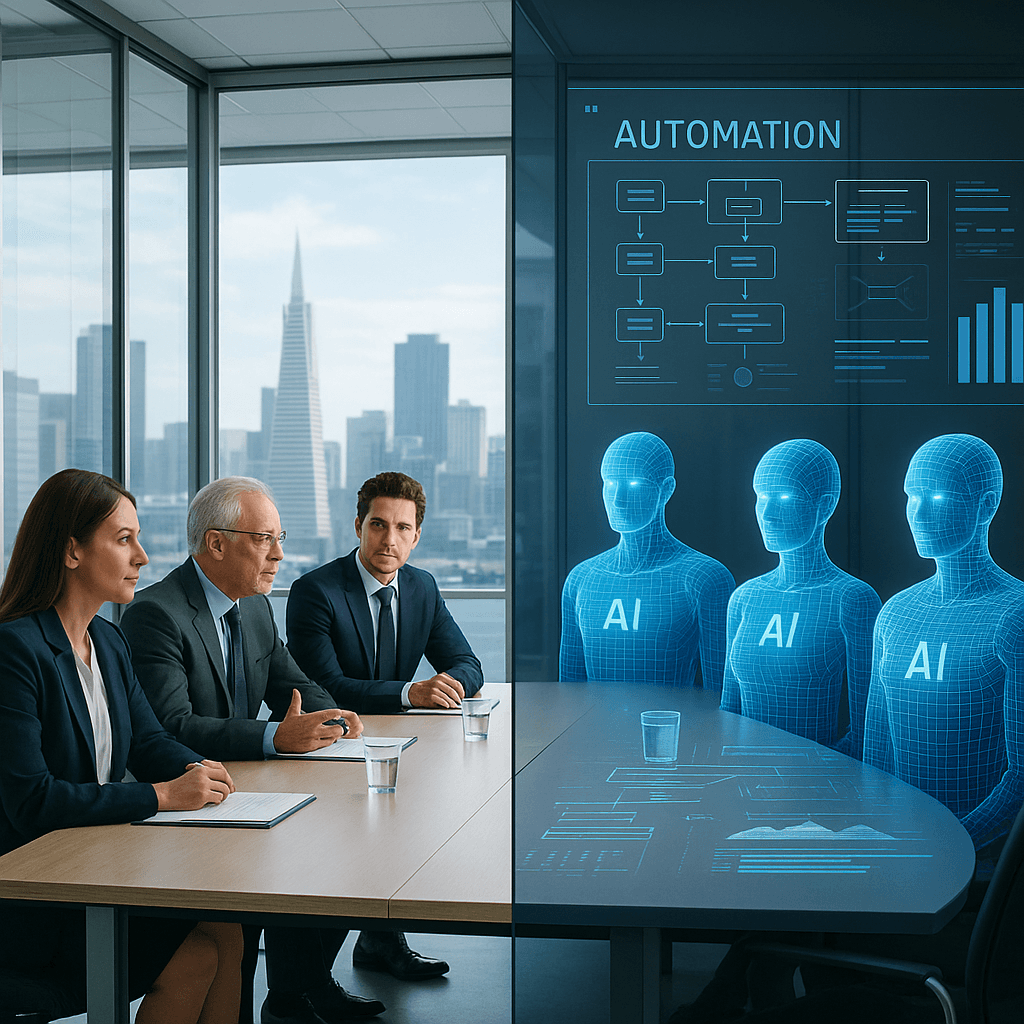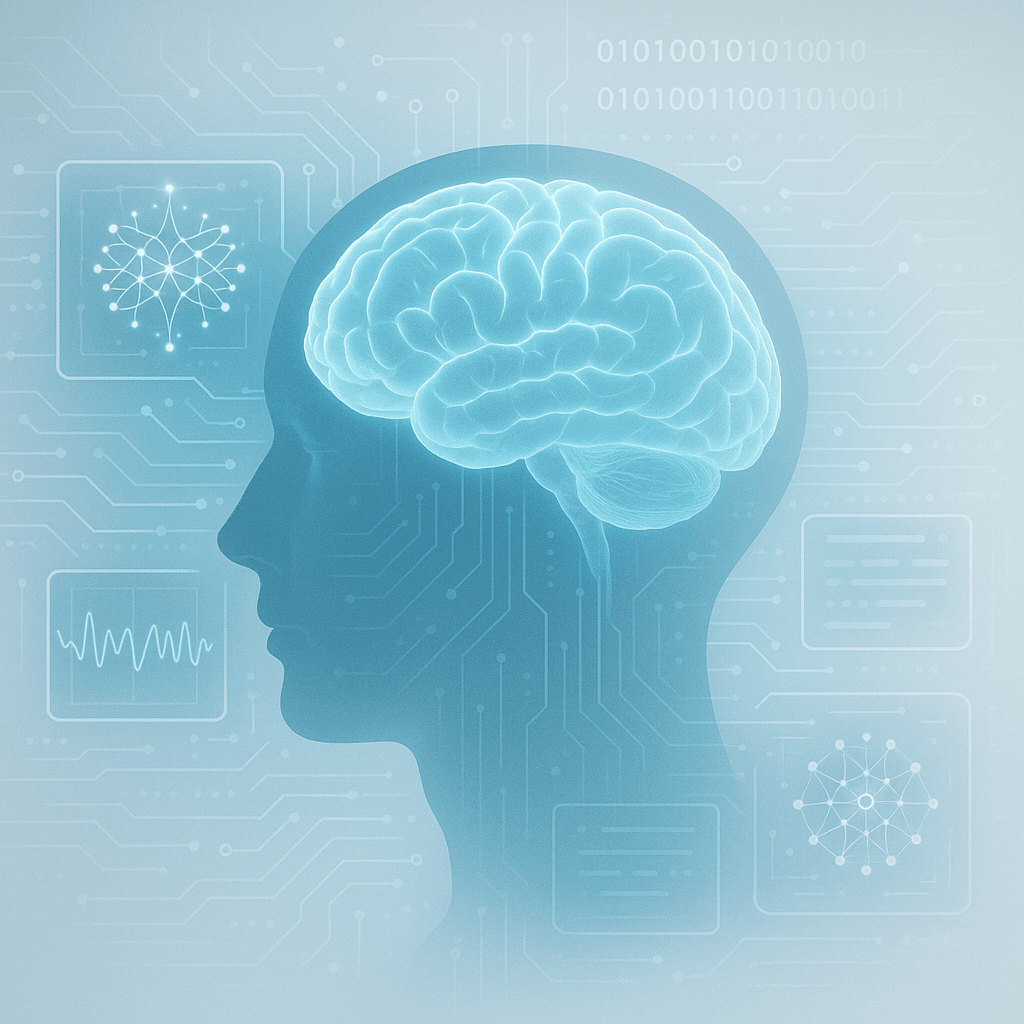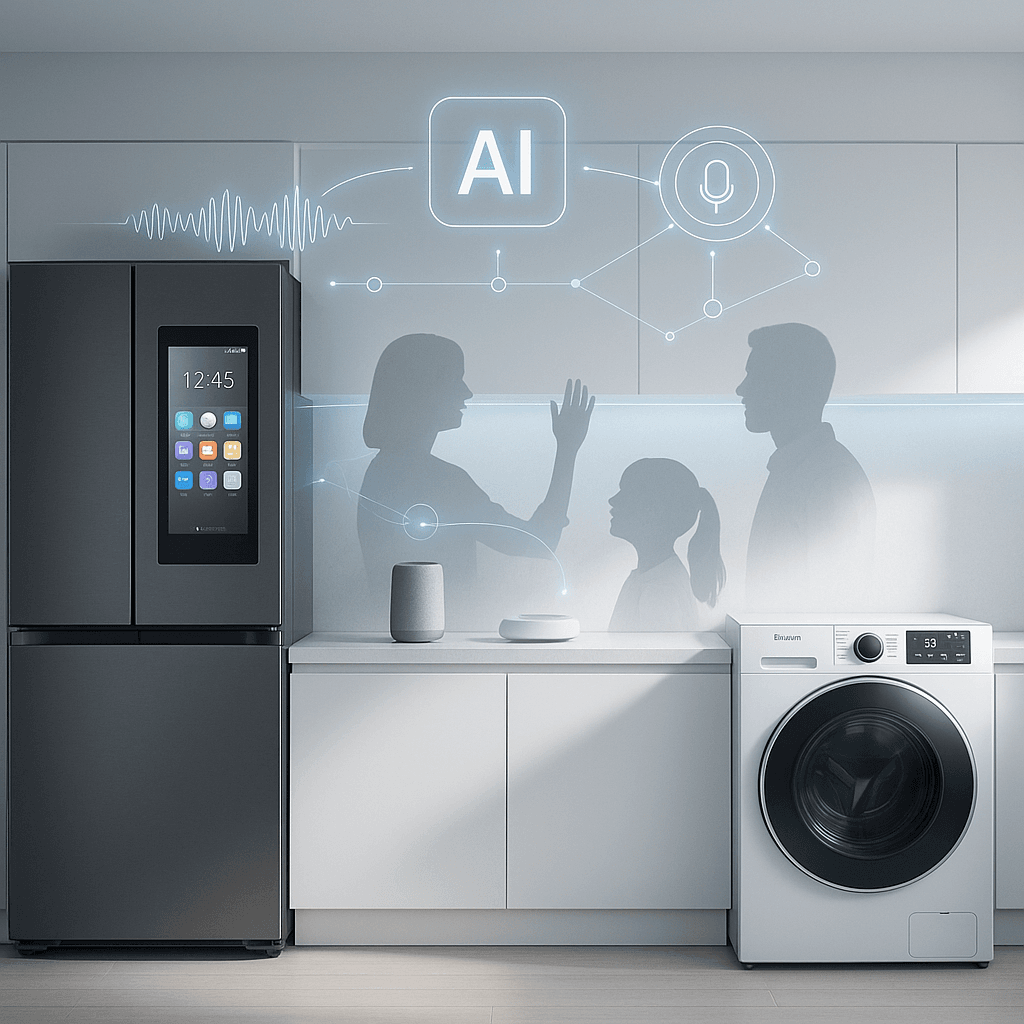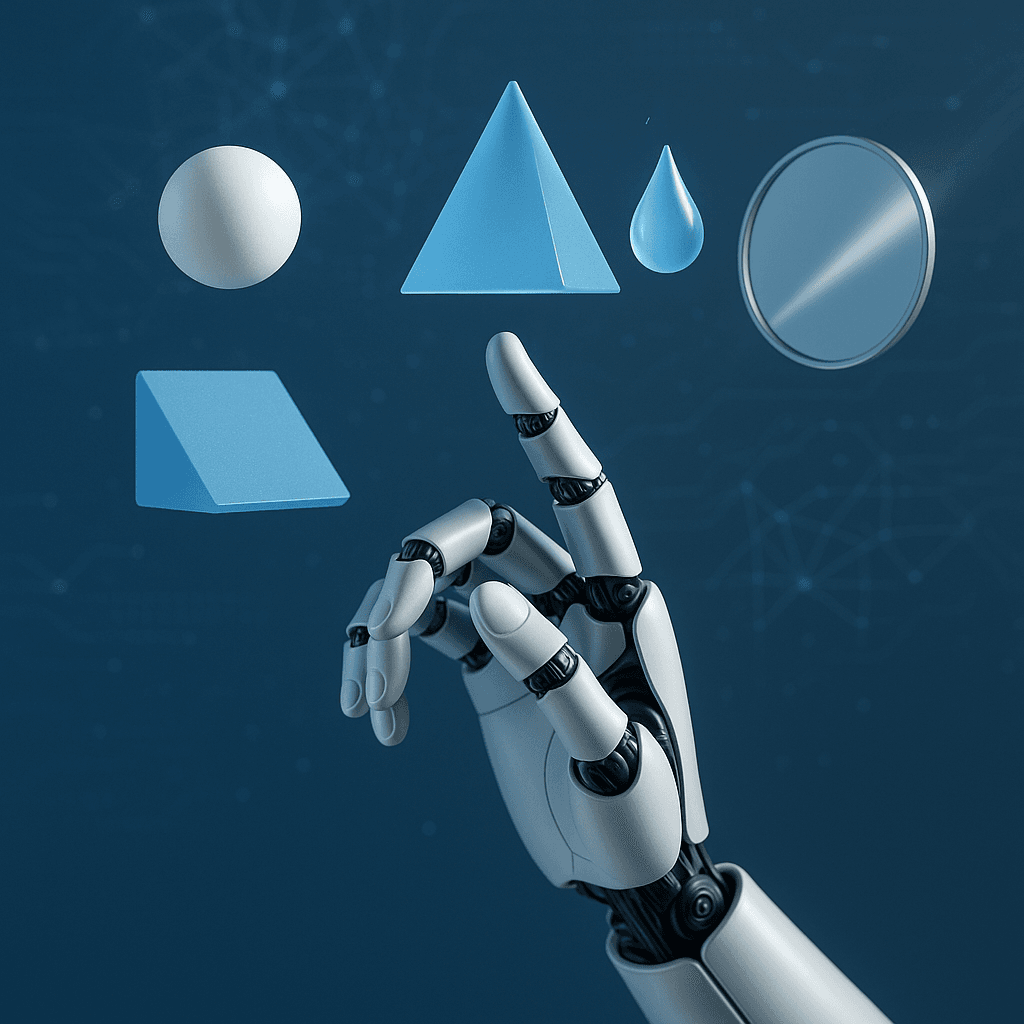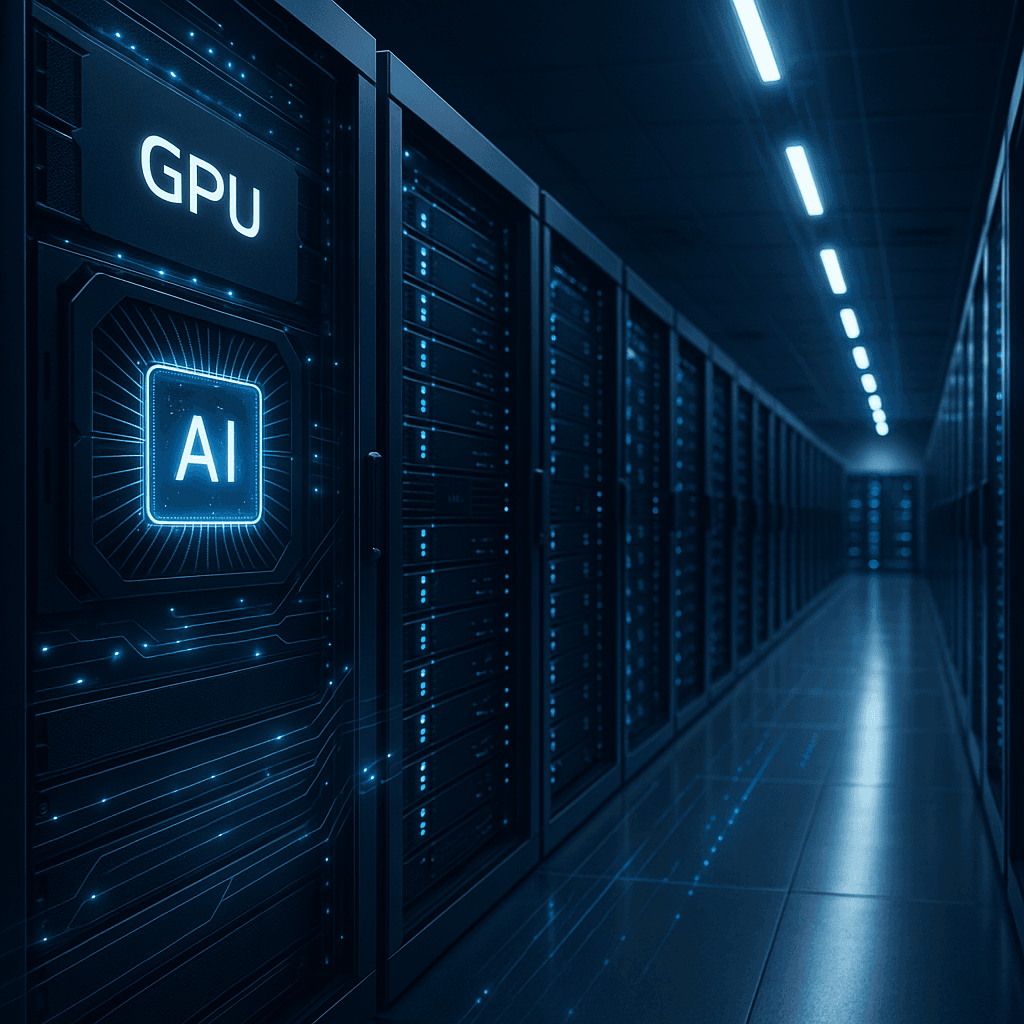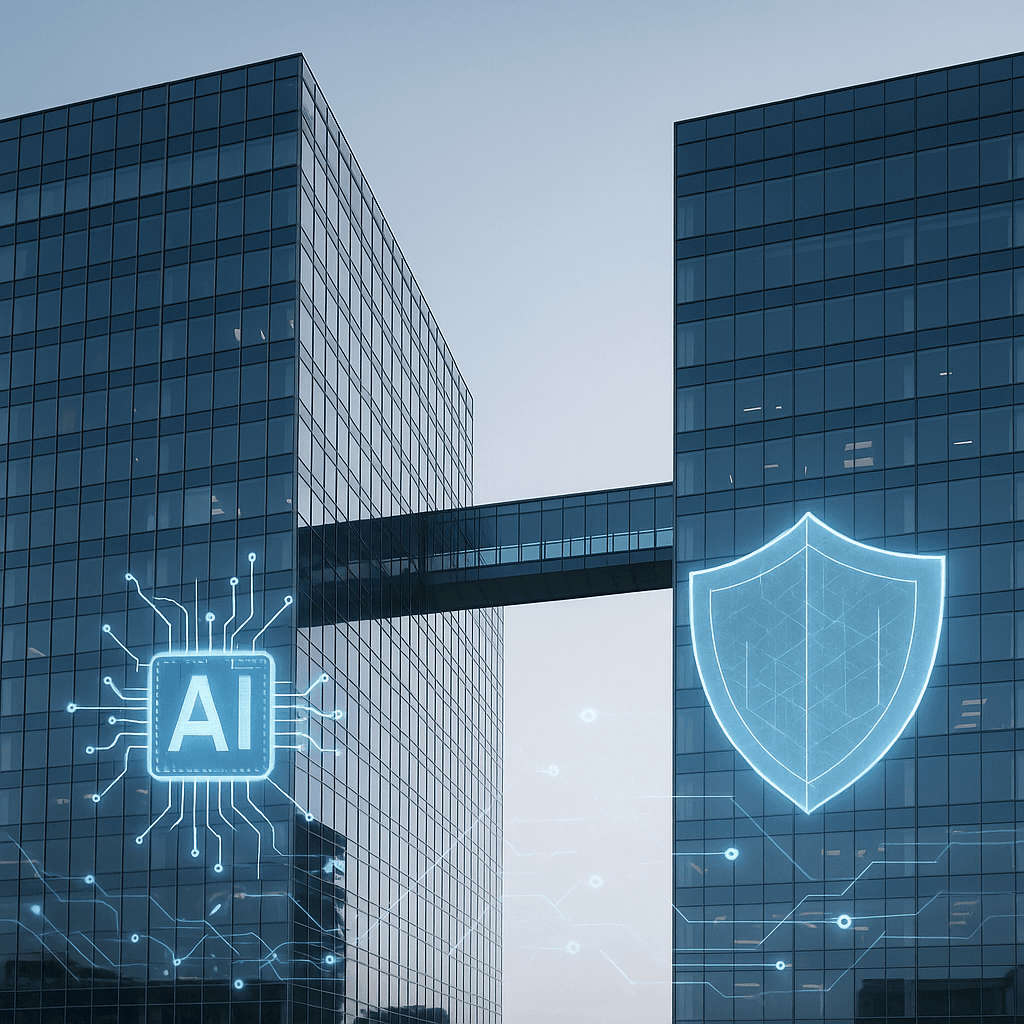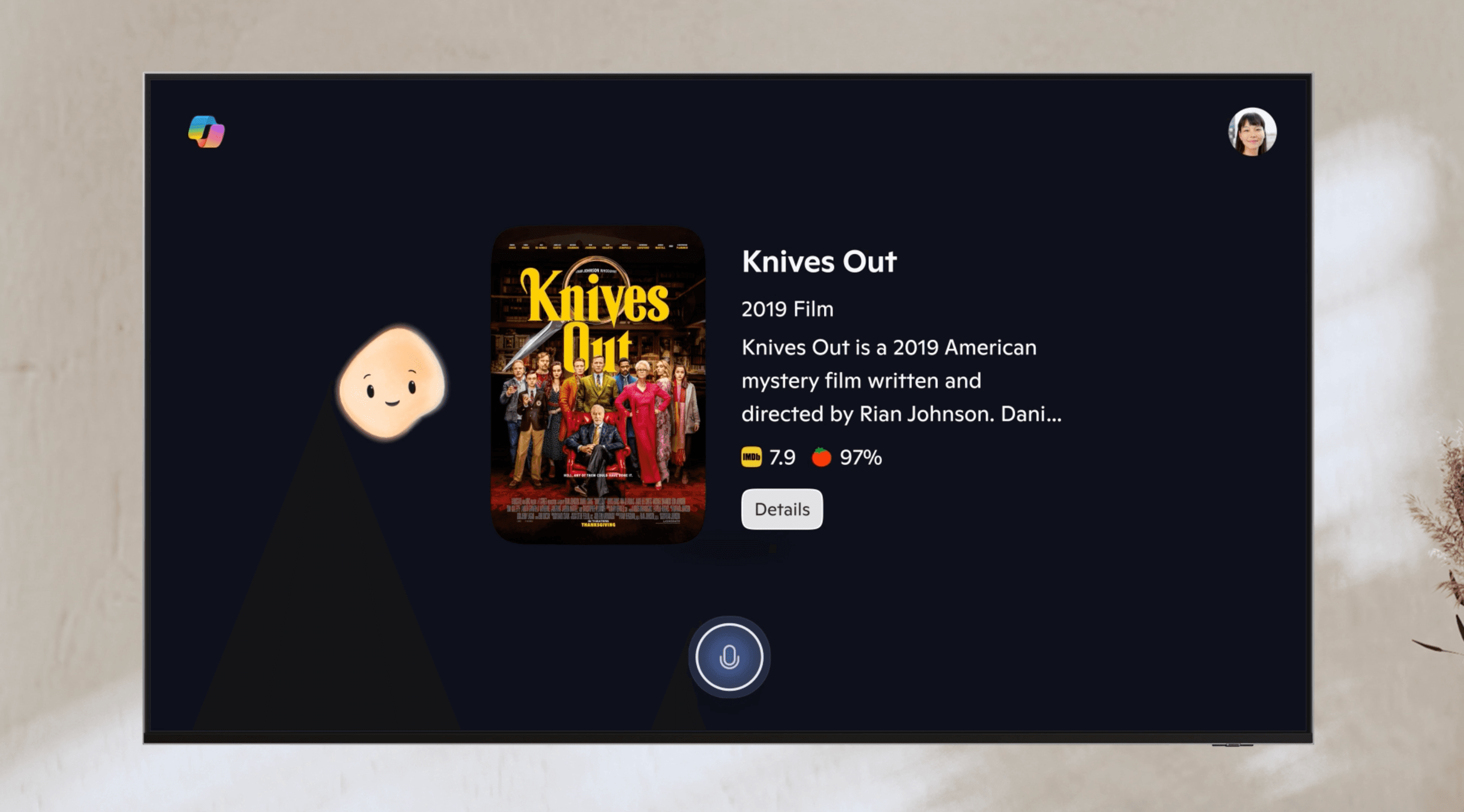The AI revolution is already reshaping America's workforce, and young workers are bearing the brunt. New Stanford research analyzing millions of payroll records reveals that workers aged 22-25 in AI-exposed roles have seen employment plummet 13% since 2022, while their experienced counterparts remain largely unaffected—the first concrete evidence that generative AI is displacing entry-level talent at scale.
The numbers don't lie, and they're stark. Young American workers are getting steamrolled by the AI revolution in ways that should alarm every parent with college-aged kids. Stanford University researchers just dropped a bombshell study showing that workers between 22 and 25 in AI-exposed occupations have watched their employment opportunities crater by 13% since 2022, while their older colleagues sail through largely unscathed.
This isn't theoretical anymore. The research, which analyzed payroll records from millions of American workers through ADP—the largest payroll software firm in the U.S.—represents the first large-scale evidence that generative AI is actively displacing workers, not just threatening to do so. Customer service, accounting, and software development roles are getting hit hardest, precisely the entry-level positions that traditionally served as stepping stones into professional careers.
Meanwhile, employment for experienced workers in these same fields has remained steady or even grown. The contrast is brutal and telling. Jobs for young health aides actually rose faster than their older counterparts, and front-line production supervisors saw modest increases for young workers—though still smaller than gains for workers over 35. The pattern is clear: AI is surgical in its impact, targeting specific types of work and specific demographics.
The Stanford team, led by researchers who dove deep into ADP's massive dataset, carefully controlled for factors that could skew results—education levels, remote work trends, outsourced jobs, and broader economic shifts. What emerged was a clear signal cutting through the noise: young workers are uniquely vulnerable because AI excels at replacing what the researchers call "codified knowledge"—the book-learning that comes from formal education.
"AI can replace 'codified knowledge,' or 'book-learning' that comes from formal education," the researchers noted in their findings. "On the other hand, AI may be less capable of replacing knowledge that comes from years of experience." It's a devastating insight that flips conventional wisdom about education being a protective factor against automation.

